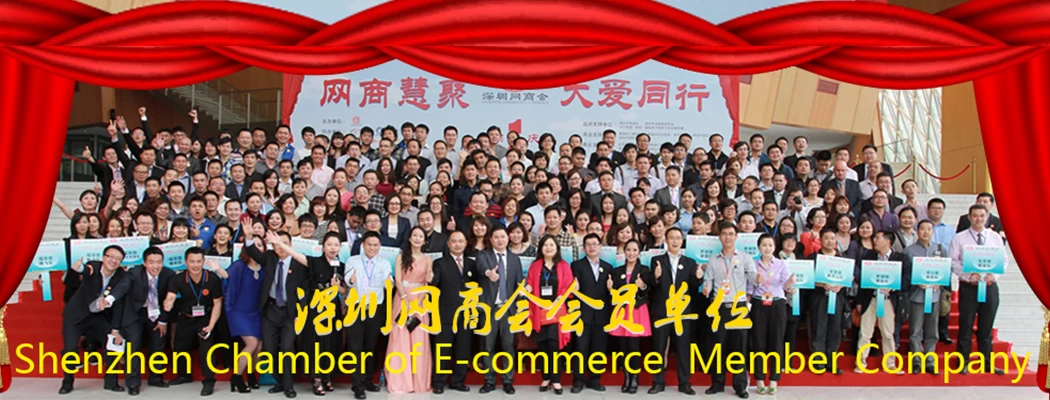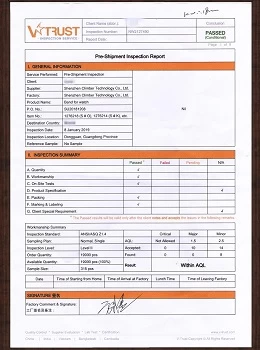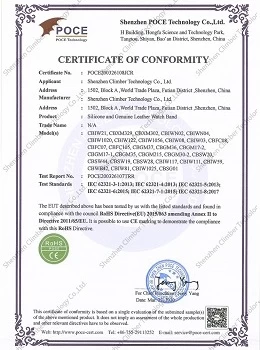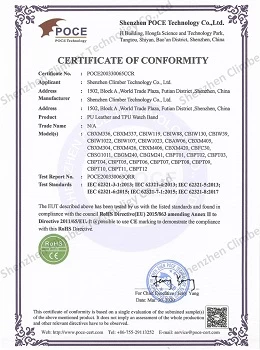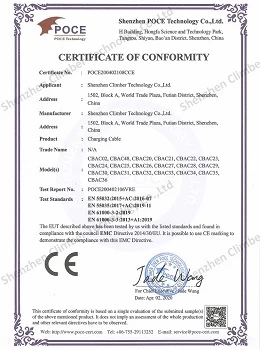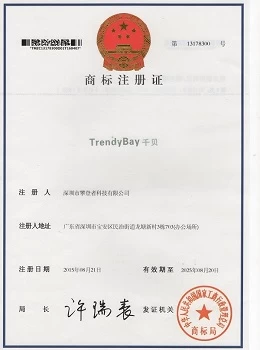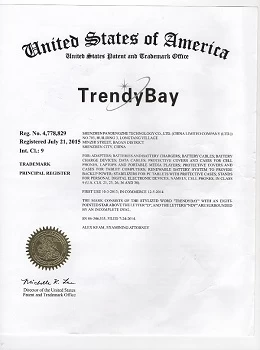China’s Xiaomi focuses on India with $1bn investment
Climber Limited
news.iyuba
2017-12-01 11:01:14
Chinese telecoms group Xiaomi will prioritise India over its home market and invest $1bn in the country’s start-ups as it looks to accelerate growth outside of its highly competitive home market.

Lei Jun, Xiaomi’s co-founder and chief executive, said the company wanted create an ecosystem of mobile apps for use on its smartphones — a strategy pioneered by Apple, whose more expensive iPhones are barely present in the Indian market.
“India is becoming a bigger priority compared to China when it comes to R&D to make India-focused products, and supply and stock for product lines,” Xiaomi said. For example, the company will supply components for its fast-selling Redmi phones to India first in case of shortages.
The latest move to focus on India comes as China’s smartphone makers look abroad for expansion.
“The China market is saturated, so now Xiaomi is turning its attention to India,” said Xiaohan Tay, a senior market analyst at IDC, the market research company.
China’s smartphone makers have conquered almost half of the Indian market, led by Xiaomi, Lenovo, Oppo and Vivo.
Xiaomi is tied with Samsung as India’s top smartphone vendor, according to IDC. The company has rejoined the ranks of the world’s top five smartphone makers largely thanks to its growth in the country, according to data from IDC. Shipments in India more than doubled to 27.6m helped by bumper sales ahead of the Diwali festival period.
“China’s smartphone brands have had excellent performance in India and Southeast Asia in recent years,” said Wang Mengxuan, analyst at market research company iResearch.
“Users there are generally more price sensitive, and China’s brands are showing their advantage in cost-effective offline sales, gradually squeezing out local brands and other international brands such as Samsung,” added Ms Wang.
Xiaomi’s fortunes have bounced back after Mr Lei admitted earlier this year that the company had grown too quickly.

Lei Jun, Xiaomi’s co-founder and chief executive, said the company wanted create an ecosystem of mobile apps for use on its smartphones — a strategy pioneered by Apple, whose more expensive iPhones are barely present in the Indian market.
“India is becoming a bigger priority compared to China when it comes to R&D to make India-focused products, and supply and stock for product lines,” Xiaomi said. For example, the company will supply components for its fast-selling Redmi phones to India first in case of shortages.
The latest move to focus on India comes as China’s smartphone makers look abroad for expansion.
“The China market is saturated, so now Xiaomi is turning its attention to India,” said Xiaohan Tay, a senior market analyst at IDC, the market research company.
China’s smartphone makers have conquered almost half of the Indian market, led by Xiaomi, Lenovo, Oppo and Vivo.
Xiaomi is tied with Samsung as India’s top smartphone vendor, according to IDC. The company has rejoined the ranks of the world’s top five smartphone makers largely thanks to its growth in the country, according to data from IDC. Shipments in India more than doubled to 27.6m helped by bumper sales ahead of the Diwali festival period.
“China’s smartphone brands have had excellent performance in India and Southeast Asia in recent years,” said Wang Mengxuan, analyst at market research company iResearch.
“Users there are generally more price sensitive, and China’s brands are showing their advantage in cost-effective offline sales, gradually squeezing out local brands and other international brands such as Samsung,” added Ms Wang.
Xiaomi’s fortunes have bounced back after Mr Lei admitted earlier this year that the company had grown too quickly.








